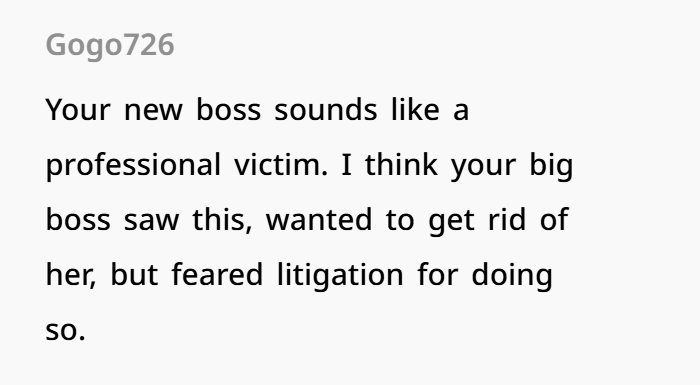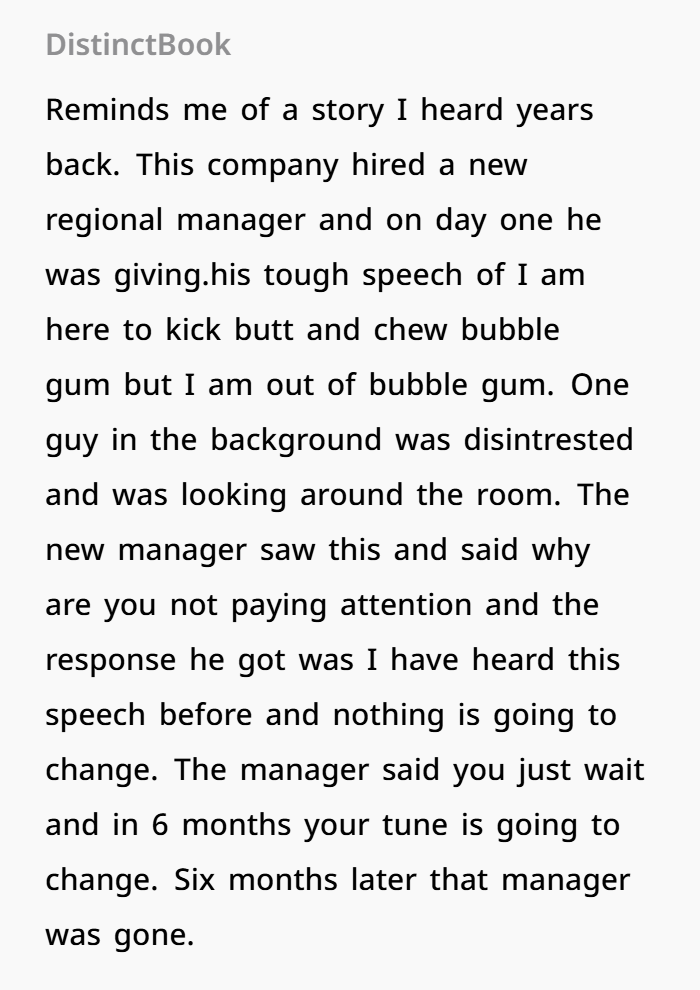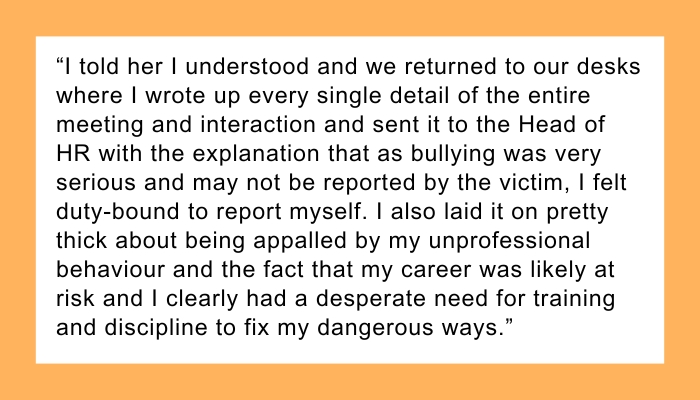Guy Baffled That Boss Labeled His Query As “Bullying”, Requests “Punishment” From HR, Who Fires Her
How many times have we heard about a toxic work environment where bad bosses make life miserable for their employees? These stories are sadly common, but the most satisfying ones are when those toxic managers face real consequences—and sometimes, sweet workplace revenge.
One such story comes from Reddit user Frantic_Pedantic, who dealt with a boss that crossed the line. All he did was ask a question to clear up some confusion at work. But instead of answering, his manager accused him of workplace harassment and called his behavior “unprofessional.” She even warned him to be “very careful” in the future—turning a small misunderstanding into full-blown drama.
Instead of staying silent, he stood up for himself, making sure HR policies were followed and that his employee rights were respected. It’s a perfect example of how knowing your rights and taking action can help protect your career from toxic leadership.
Read for more info Reddit
The most satisfactory revenge is the one that toxic bosses receive for making life hell for normal employees
The poster’s new toxic boss asked the whole team to copy her in on every client email, as she wanted to improve the team’s performance
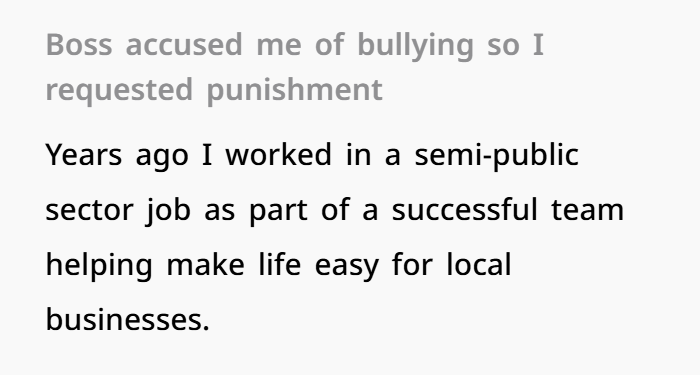
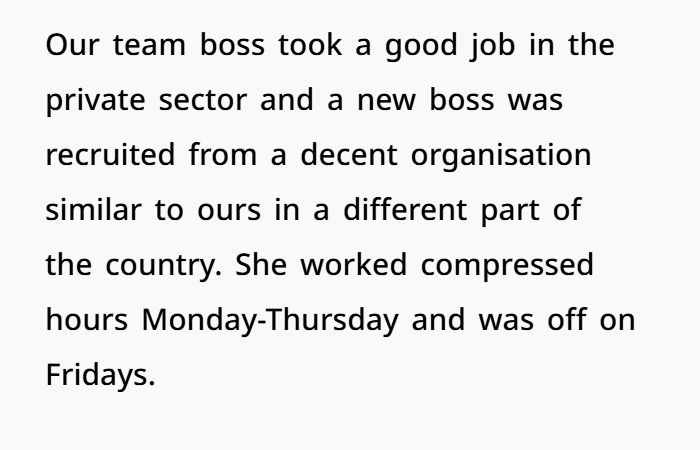
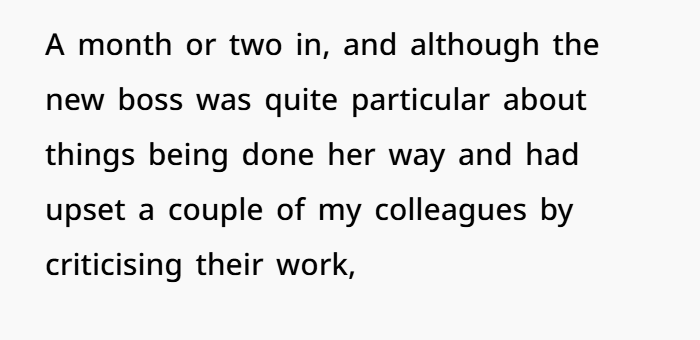
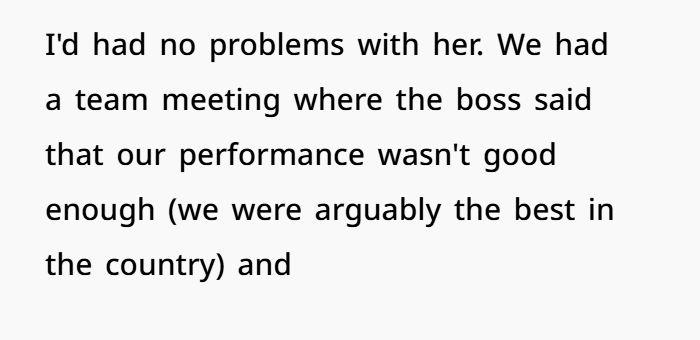
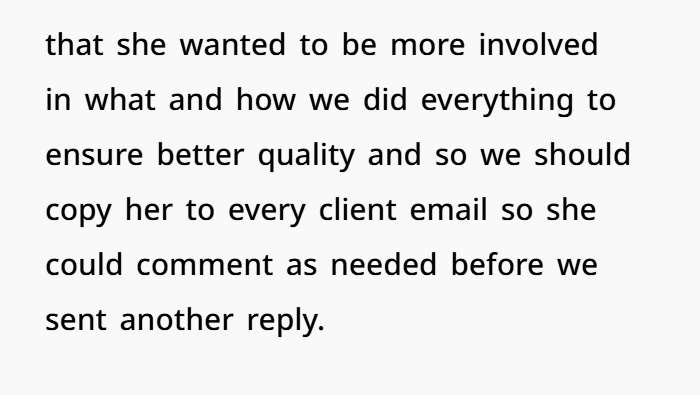
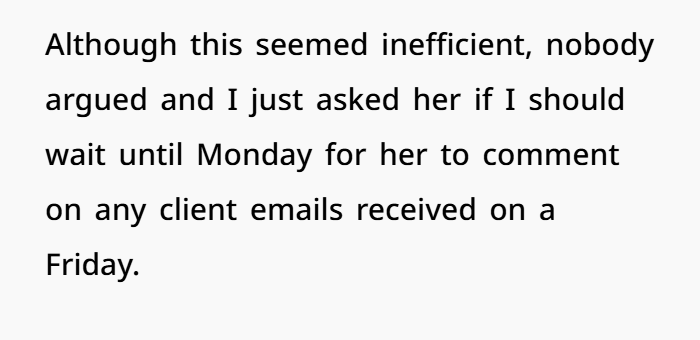
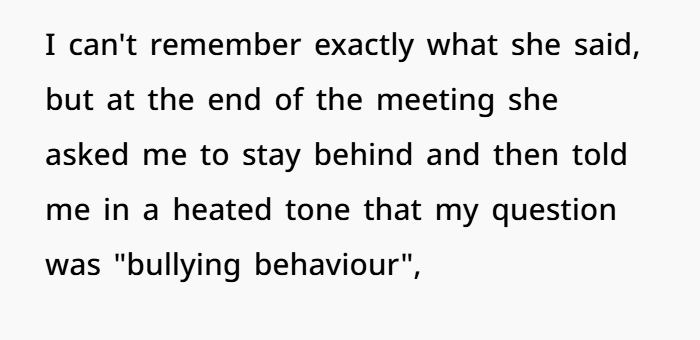
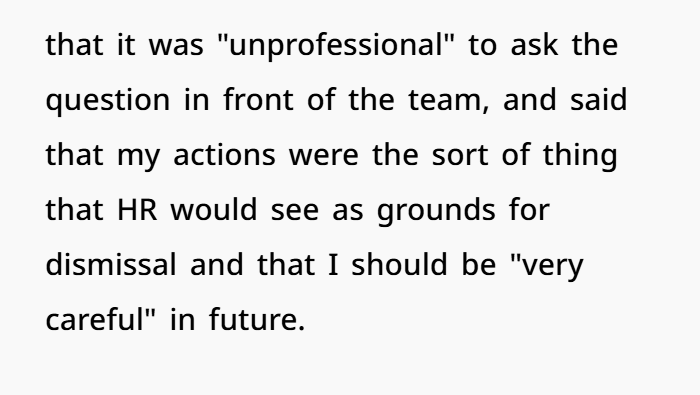
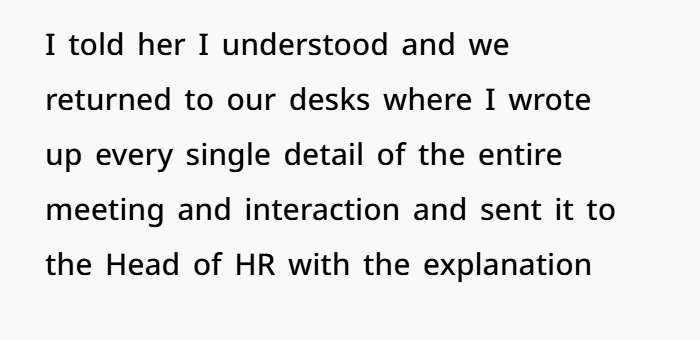
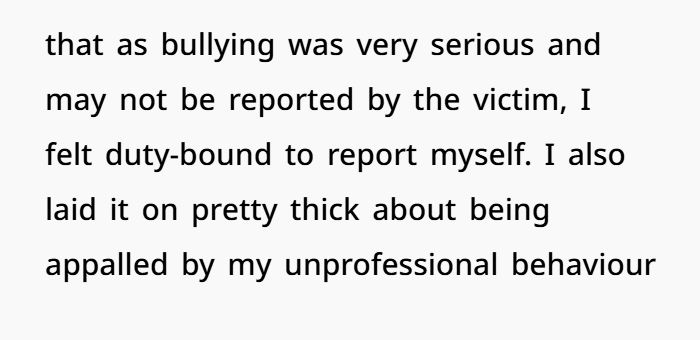
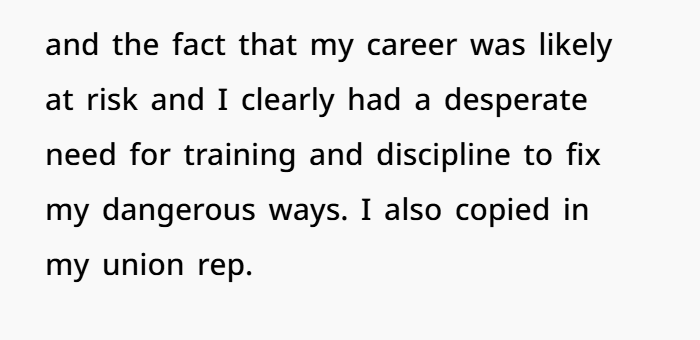
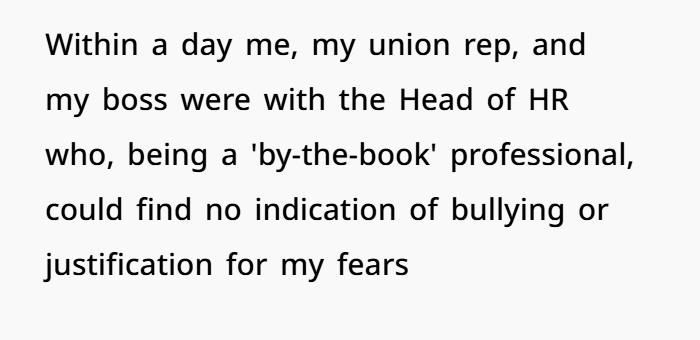
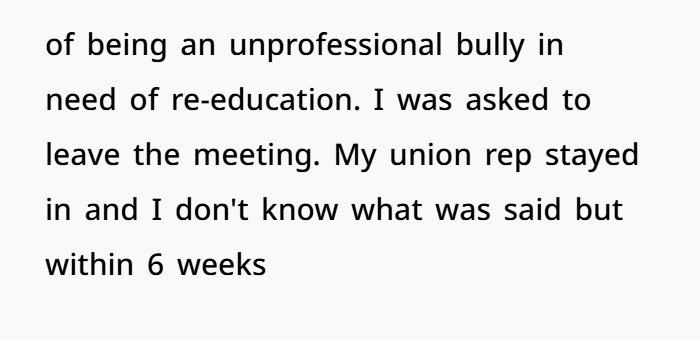
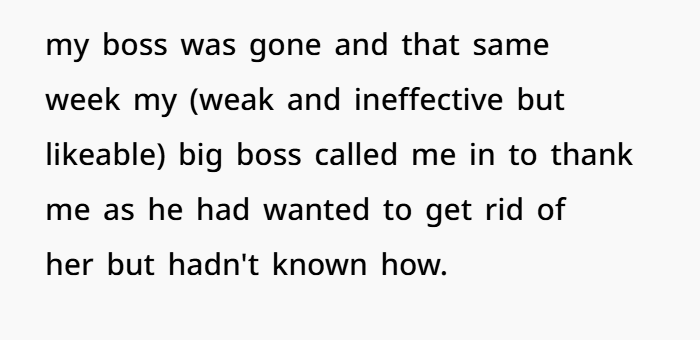
Within 6 weeks, the toxic manager was gone, and even the big boss thanked the poster for getting rid of her
In today’s story, the original poster (OP) shares a real-life experience of dealing with a toxic workplace culture. It all started when a new manager replaced his old boss. From the beginning, many employees felt uncomfortable with her harsh criticism and controlling behavior. But OP got hit the hardest during one specific team meeting.
The new manager claimed that the team’s performance wasn’t good enough. As a result, she told everyone to copy her on all client emails so she could review and point out mistakes. Most employees found this unnecessary and time-wasting, but they stayed quiet to avoid conflict.
However, OP had a small, valid question. He simply asked if he should wait until Monday for her feedback on client emails received on Fridays. That innocent question was enough to trigger a harsh reaction.
She asked OP to stay back after the meeting and accused him of bullying her. She even called his question “unprofessional” and told him to be “very careful” moving forward. Her extreme response to a polite question showed clear signs of workplace bullying and a total lack of professional boundaries.
This is a strong reminder of how important it is to protect your employee mental health and understand your HR rights when working under toxic management.
This situation is a clear example of toxic leadership, where a manager misuses their authority—not to guide or support the team—but to control, silence, and manipulate. This kind of behavior destroys employee trust, open communication, and respect in the workplace, which are all essential for a positive and productive workplace culture.
The original poster (OP) must have been shocked by how the manager behaved. But instead of staying quiet, he smartly turned the situation around. He sent an email to the HR department, describing how he “bullied” the manager and even asked what his “punishment” would be.
According to expert Apoorva, this is a clever strategy known as performative submission. When employees overly agree with unfair accusations, it can act as an ironic protest—highlighting how unreasonable the situation really is. It’s a subtle yet powerful way of standing up for yourself without open conflict.
Apoorva explained, “Agreeing too much with a power figure can sometimes show how unfair or ridiculous their actions are. It’s a form of silent resistance that can speak volumes.” And it worked. HR quickly stepped in, investigated, and within six months, the toxic manager was removed.
Apoorva also emphasized that manager transitions are often risky times for teams. She recommends that companies treat team relationships as strategic assets. New managers should be given full context, trained in emotional intelligence, and encouraged to build trust through empathy and clear communication. This helps prevent toxic leadership and protects the company’s workplace health.
Netizens expressed absolute delight at a revenge story that was well served, as they all agreed the boss brought it on herself


